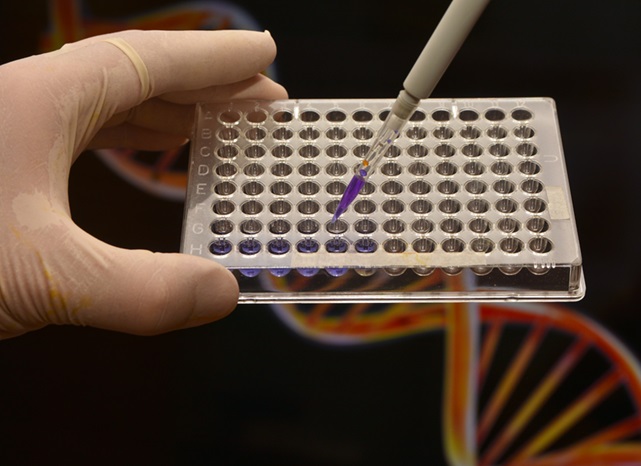cfDNA Testing Reduces Pregnancy Risks
Posted on 08 Nov 2024
The highly anticipated emergence of "precision medicine" promises customized technologies that can benefit individuals while potentially lowering healthcare costs. Now, new research suggests that pregnancy screening can achieve both of these goals, but it also underscores the need for precision medicine to be appropriately matched with patients to realize cost savings. The study focused on cfDNA screenings, a blood test capable of identifying conditions linked to chromosomal variations, such as Down Syndrome. For many, but not all, pregnant women, cfDNA screenings serve as a non-invasive alternative to amniocentesis or chorionic villus sampling (CVS), which carries a risk of miscarriage. The researchers found that the greatest benefit from cfDNA testing is observed in patients deemed at moderate risk, rather than those classified as extremely high risk.
To conduct the study, the collaborative research team that included investigators from Massachusetts Institute of Technology (MIT, Cambridge, MA, USA) analyzed the implementation of cfDNA screening in Sweden between 2011 and 2019, utilizing data from over 230,000 pregnancies. The study revealed regional variations in the extent to which cfDNA screenings were covered by Swedish healthcare for patients not already scheduled for invasive testing. Some regions widely covered cfDNA testing for all patients with assessed "moderate" risk or higher, while others limited coverage to specific patients within that risk group. This variation provided a valuable context for the researchers’ analysis. In areas with extensive coverage, 86% of patients underwent the procedure, whereas in regions with more selective coverage, only about 33% did. In both cases, the rate of invasive testing, including amniocentesis, significantly decreased to around 5%.

While cfDNA screenings provide valuable information, they are not entirely conclusive, leading some pregnant women to opt for follow-up invasive procedures. Both methods, however, resulted in comparable reductions in invasive testing rates. Nonetheless, the cost implications differ considerably. The study estimates that widespread implementation of cfDNA testing would increase overall medical expenses by approximately USD 250 per pregnancy, while targeted coverage could lead to a cost reduction of about USD 89 per patient. This highlights a crucial aspect: pregnant women at the highest risk of having children with chromosome-related conditions are still likely to choose invasive tests like amniocentesis, whereas those with virtually no risk may forgo cfDNA testing altogether. For those in the middle risk category, cfDNA testing offers significant medical benefits, reducing the need for invasive procedures, and targeting this group can help lower overall costs.
Moreover, the study emphasizes a broader issue: precision medicine, in any form, tends to increase medical expenses. Thus, it is essential to develop clarity regarding who should receive such interventions. Instead of merely applying technology indiscriminately, a more strategic approach is needed, guided by evidence. This suggests that effective precision medicine should be rooted in sound policy analysis, not solely in technological advancement. In this context, identifying patient groups that will benefit most from cfDNA screenings offers a method for refining diagnostic practices. Across various medical scenarios, pinpointing the subset of individuals who are most likely to derive actionable insights from new technologies appears to be a promising goal.
“People who are very high-risk are often going to use the invasive test, which is definitive, regardless of whether they have a cfDNA screen or not,” said Amy Finkelstein, an MIT economist and co-author of the paper detailing the study published in the Journal of Political Economy. “But for middle-risk people, covering cfDNA produces a big increase in cfDNA testing, and that produces a big decline in the rates of the riskier, and more expensive, invasive test.”














